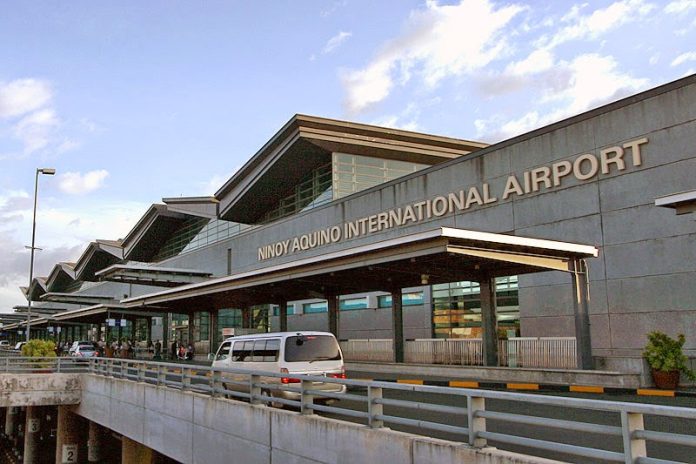-
The Civil Aviation Authority of the Philippines placed 42 commercial airports in the Philippines under heightened alert due to a bomb threat
-
CAAP’s Air Traffic Service on October 4 received a warning via e-mail from a “concerned citizen” that “aircrafts from Manila, bound to Puerto Princesa, Mactan-Cebu, Bicol, and Davao International Airports are about to be set off by a bomb”
-
Transport Secretary Jaime Bautista said no scheduled flights will be affected and assured the travelling public protocols are in place to ensure safety and security
The Civil Aviation Authority of the Philippines (CAAP) has placed 42 commercial airports in the Philippines under heightened alert due to a bomb threat.
In a statement on October 6, CAAP said its Air Traffic Service received an email warning on October 4 from a “concerned citizen” that “aircraft from Manila bound for Puerto Princesa, Mactan-Cebu, Bicol, and Davao International Airports are about to be blown up by a bomb.”
“While the information is currently under validation, immediate enhanced security measures are being implemented across all airports,” CAAP said.
Prior to this, Bicol International Airport was shut down for hours on October 2 after a crumpled piece of paper with the word “BOMB??” was found onboard a Cebu Pacific flight.
In a statement on October 6, Transport Secretary Jaime Bautista said the Manila International Airport Authority (MIAA), which operates Ninoy Aquino International Airport, assured there are measures in place to ensure the safety of passengers, flights, and facilities.
In addition to regular protocols, foot and mobile patrols have been put in place and K-9 units doing the rounds at NAIA’s terminals.
“There are no expected impacts on any scheduled flights, and we would like to ensure the travelling public that protocols are in place to ensure everyone’s safety and security,” Bautista said.
In a memo dated October 4, CAAP Security and Intelligence Service assistant director general Ricardo Banayat instructed all CAAP airports and area centers to provide/augment their security personnel to be deployed in key areas of airports “until such time that the given information has been validated”.
Security measures should also be implemented “with utmost vigilance” to ensure the safety and security of passengers, airport personnel, and the airport’s facilities.
Part of such measures is the stringent access control procedures for both personnel and vehicles and thorough inspections of passengers and cargo.
CAAP said it is collaborating closely with the Philippine National Police Aviation Security Group and the military to intensify intelligence and monitoring operations. Airport security coordination meetings will also be convened with all relevant stakeholders “to ensure the strict implementation of security measures aimed at preventing any unlawful interference with civil aviation.”
Passengers traveling overseas are advised to arrive at the airport at least three hours before their scheduled flight to avoid any inconvenience.
“We also urge the public to cooperate fully with security personnel and to remain vigilant while at the airport. Safety and security remain our top priorities, and these measures are being taken to safeguard all those who use our airports,” CAAP said.





